
Types of Appliances
Life with Braces | Types of Braces | Types of Appliances | Palatal Expander
Braces Diagram | Oral Care Video | Retainers
To successfully complete your orthodontic treatment plan, patients must work together with the orthodontist. The teeth and jaws can only move toward their corrected positions if the patient consistently wears the elastics (rubber bands), headgear or other appliances as prescribed.
The following paragraphs describe the types of appliances that may be used during your treatment.
Elastics (Rubber Bands)
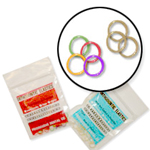
Wearing elastics (rubber bands) improves the fit of your upper and lower teeth. Wear rubber bands as instructed because the rubber bands work far more efficiently if they are worn as prescribed.
Headgear
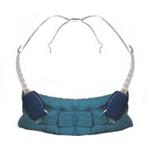
Headgear is used to treat patients whose teeth are in an “overbite,” (with the uppers forward of the lowers) or an “underbite” (with the lowers forward of the uppers). Headgear gently “pulls” on your teeth to restrict further forward growth of your upper teeth and jaw.
Palatal Expander
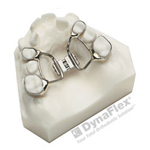
The palatal expander “expands” (widens) your upper jaw by putting gentle pressure on your upper molars each time an adjustment is made. Your orthodontist will instruct you about when and how to adjust your expander. When you achieve the desired expansion, you will wear the appliance for several months to solidify the expansion and to prevent regression.
Retainers
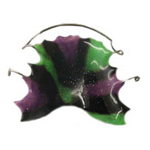
Retainers may be removable or fixed. They hold your teeth in their new, correct positions after your teeth have been straightened. Your orthodontist will instruct you on how to care for your retainer and about the duration of the wear. Wearing your retainer as directed is crucial to prevent regression of your treatment.
Separators (or Spacers)
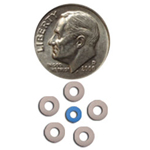
Separators are little rubber doughnuts that may be placed between your teeth to push them apart so that orthodontic bands may be placed during your next appointment. The separators will be removed before we place the bands. Separators do not mix well with sticky foods or with toothpicks and floss.